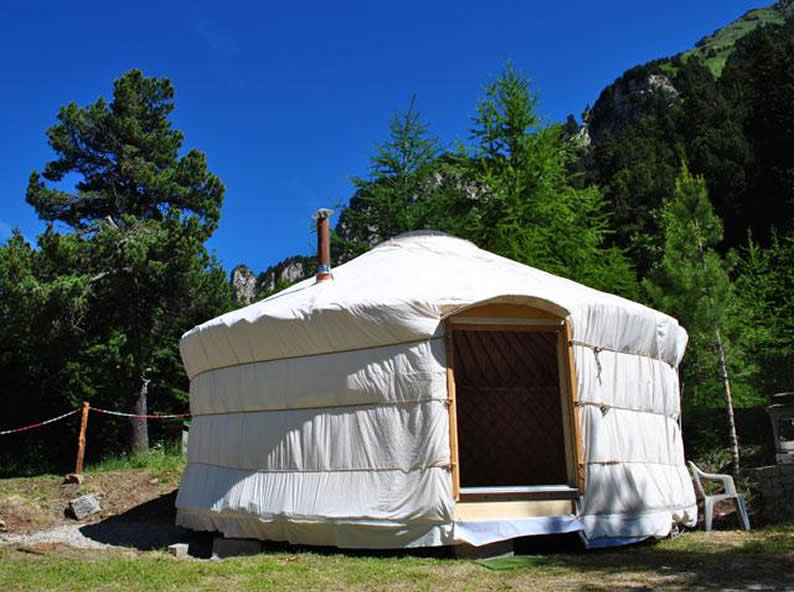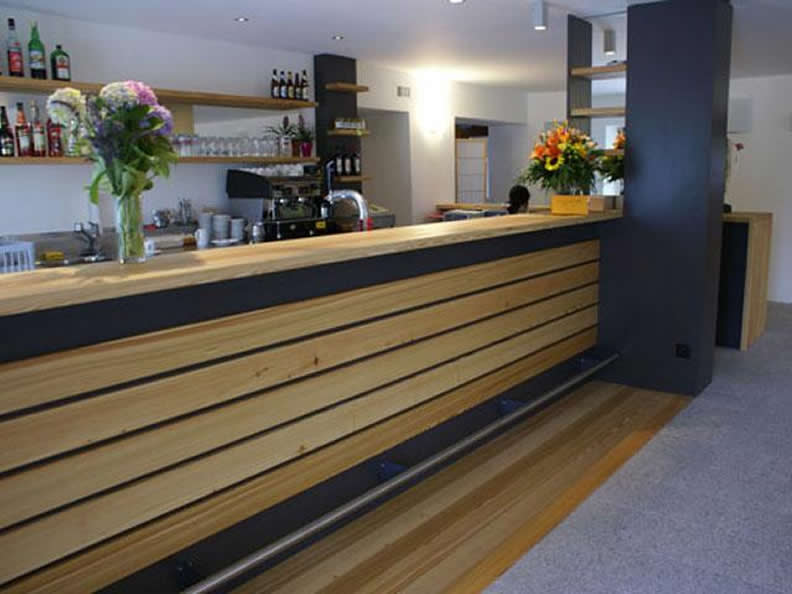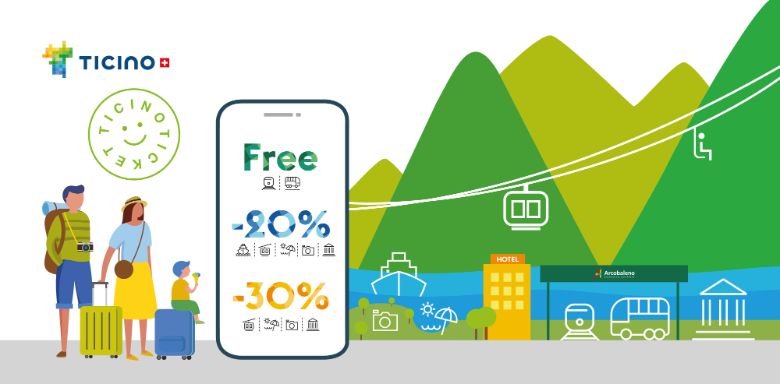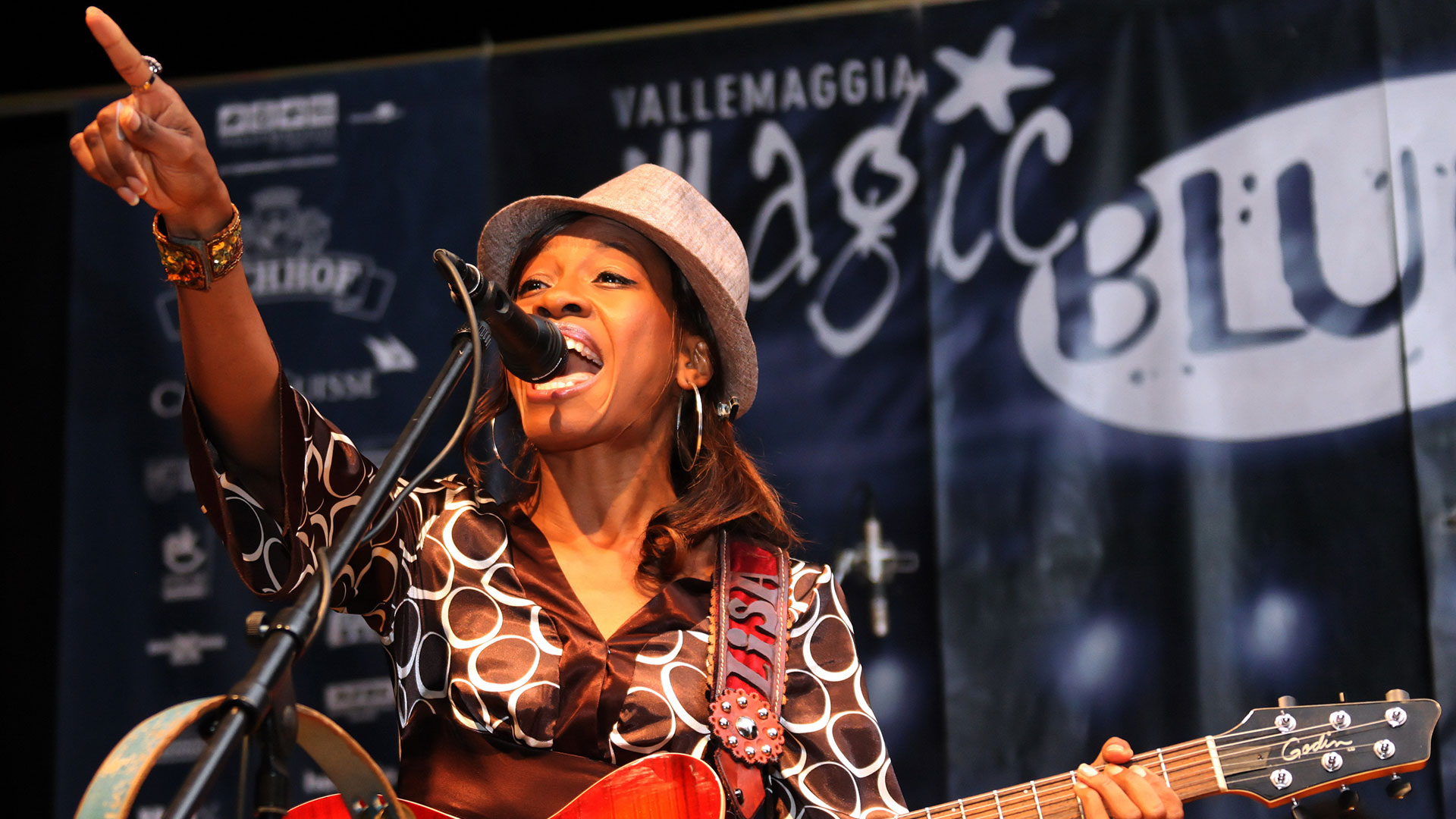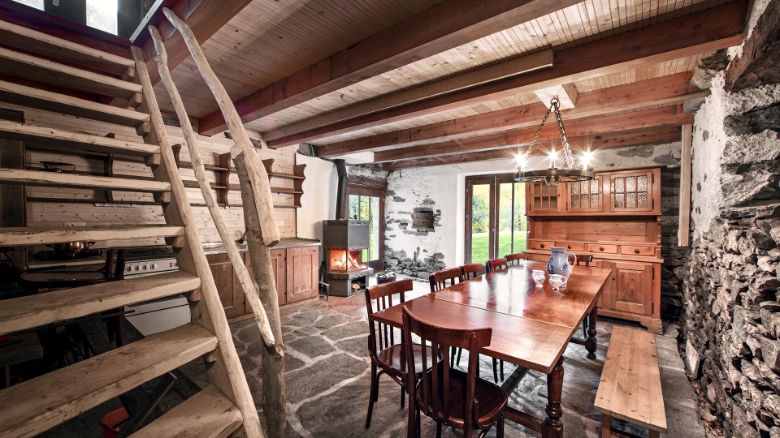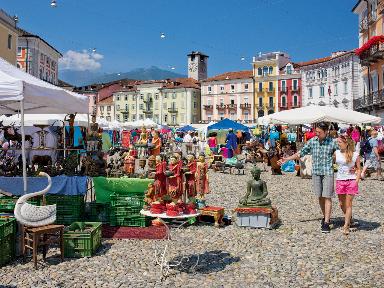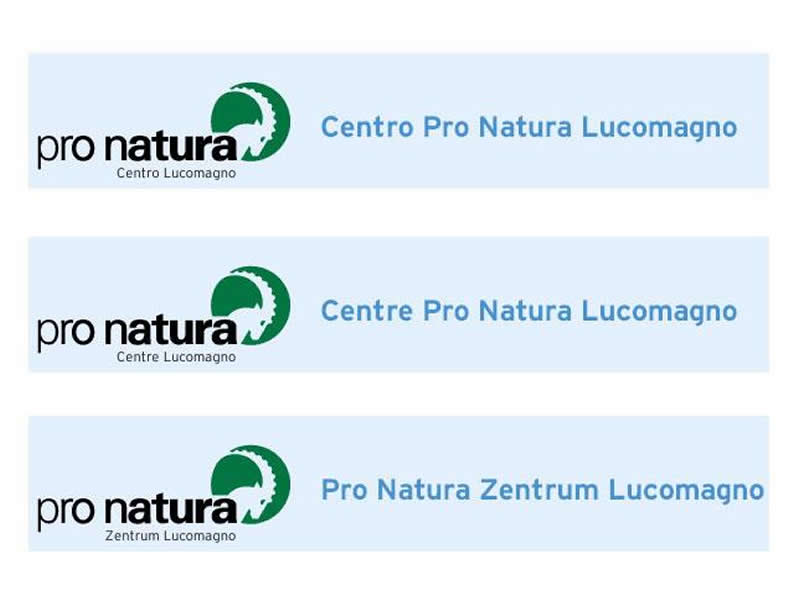
The structure itself was born as a hospice for travellers using the ancient Lucomagno way. Toward the middle of the Twentieth Century, some events, among them a fire and the 1951 avalanche, almost destroyed the building. In 1955 Rino Tami, one of the most influential modern Ticinese architects, received the mandate to rebuild it. In 1985 engineer Luigi Ferrari transformed the structure into an ecology centre. Ferrari was a pioneer in this field: this was the period when people were just starting to talk about ecology, but there wasn’t a wide appreciation of the subject and its arguments were met with scepticism and perplexity. The Centre, named “UomoNatura” by Ferrari to stress the close link that we have with our environment, offered a rich and interesting programme of activities around the themes of nature and renewable energies. The challenge begun at that time can be considered as a success as little by little interest and involvement developed around the centre. Activity slowed a little after 2000 and the building by then was beginning to show its age.
When did the ‘new era’ of the Centre start?
In 2007 my wife and I started to get interested in the place. My training as a biologist and my wife’s in the hospitality field led us to consider the possibility of succeeding engineer Ferrari in the management of the Centre, which we bought in 2009 knowing that we would have to put a lot of effort in order to make the most of what had been done, and to give a new boost to the centre’s activities. The following year ProNatura became the owner of the property and took care of the restoration. The association, which in Switzerland counts more than 100,000 members, has a long history as regards Centri Natura (‘Nature centres’) with the possibility of extending its renown nationally and guaranteeing long-term continuity which a private organisation perhaps could not quite offer.
What have been the most important areas of work?
In 2010 the inn was totally refurbished (dining hall and bar), while in 2012 the Tami wing was updated to meet new safety rules. Now we can rely on 7 double bedrooms and two communicating rooms fitted with all the latest features; in addition, the terrace has now been restored. Safety issues have been addressed throughout and energy efficiency has been increased (insulation, triple glazing). The roof has also been partially replaced and an anti-avalanche wall has been built.
What does the Centro Pro Natura offer today?
In addition to indoor accommodation, there is also the possibility of camping: tents and campers, and yurts as well, the Mongolian tents, insulated and provided with beds, if you want to experience something different. The camping site has been improved and made more welcoming, and is open from June to September. As regards the food, we rely on local producers and offer cheese, yoghurt and butter from the alpages located close to Acquacalda, in addition to cold meats from the Blenio valley. Honey and bread are also locally sourced. From the cellar we can offer local wines and a selection of natural wines, some coming from a shop in Olivone. The menu features Ticinese and Mediterranean cuisine. The Centre, in addition to the hotel, offers a rich programme of activities for the discovery of nature.
Can you tell us more about these activities?
We took over the activities which formed the history of the UomoNatura centre: astronomy (the sky of Lucomagno, with no light pollution, makes for great observing), guided excursions (flora, fauna, geology), photography, and we are developing further projects and new activities for the discovery of Lucomagno and the alpine world. In September, for example, during the mating season, we will be watching the deer.
Any other projects?
Our restoration is not completely finished yet. For example, a project we care about is the renewal of the energy supply based on photovoltaic cells and wood as source of heat. In the Nineties this was a pilot project, nowadays an update is required. In addition, we are restoring the alpine garden (Naturetum) and in 2014 we should be able to open a learning trail, a short excursion highlighting the beauty of the nature of the region. More generally, Centro Pro Natura Lucomagno would like to give a boost to the entire region and, with this in mind, we work with various other projects around us, including Parc Adula, the Alpine Foundation for Life Sciences, Campo Blenio’s resort, Campra’s nordic ski centre and Piora’s Alpine Biology Centre, among others.
